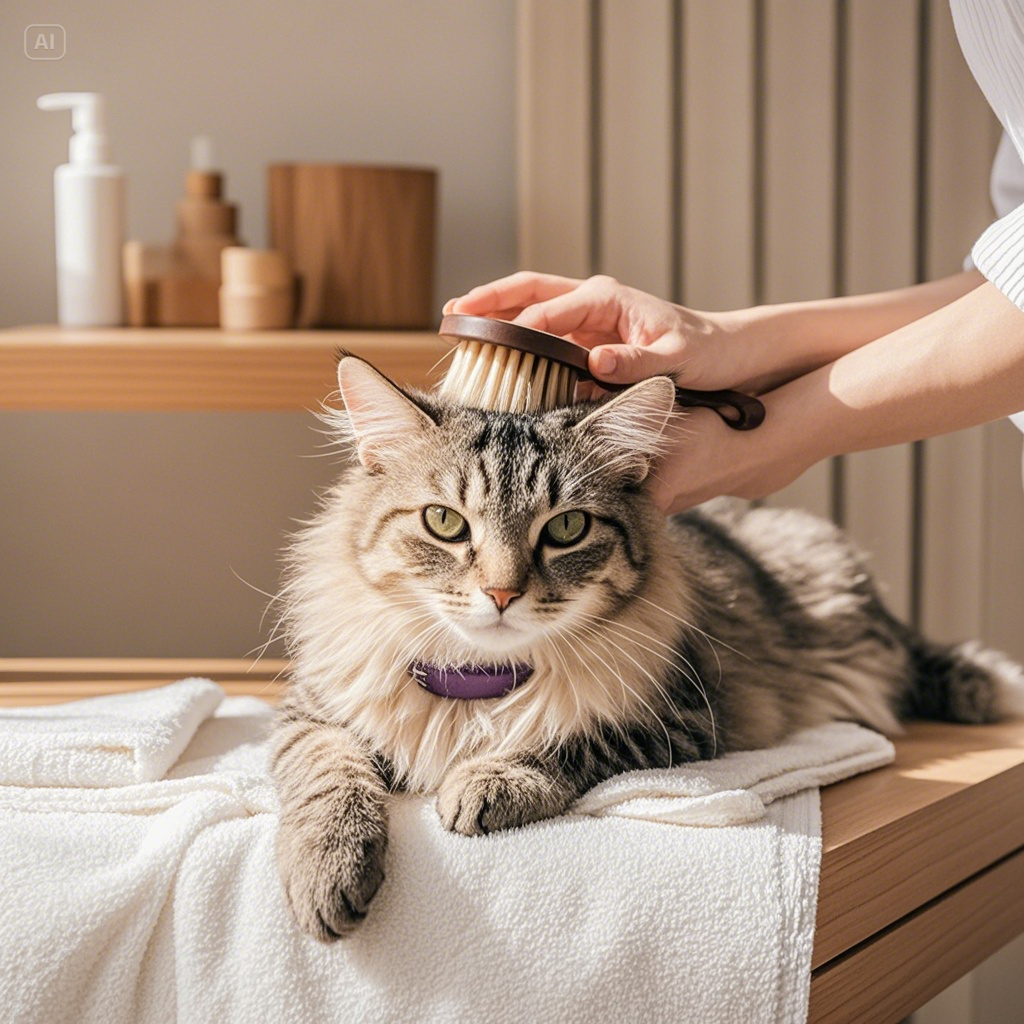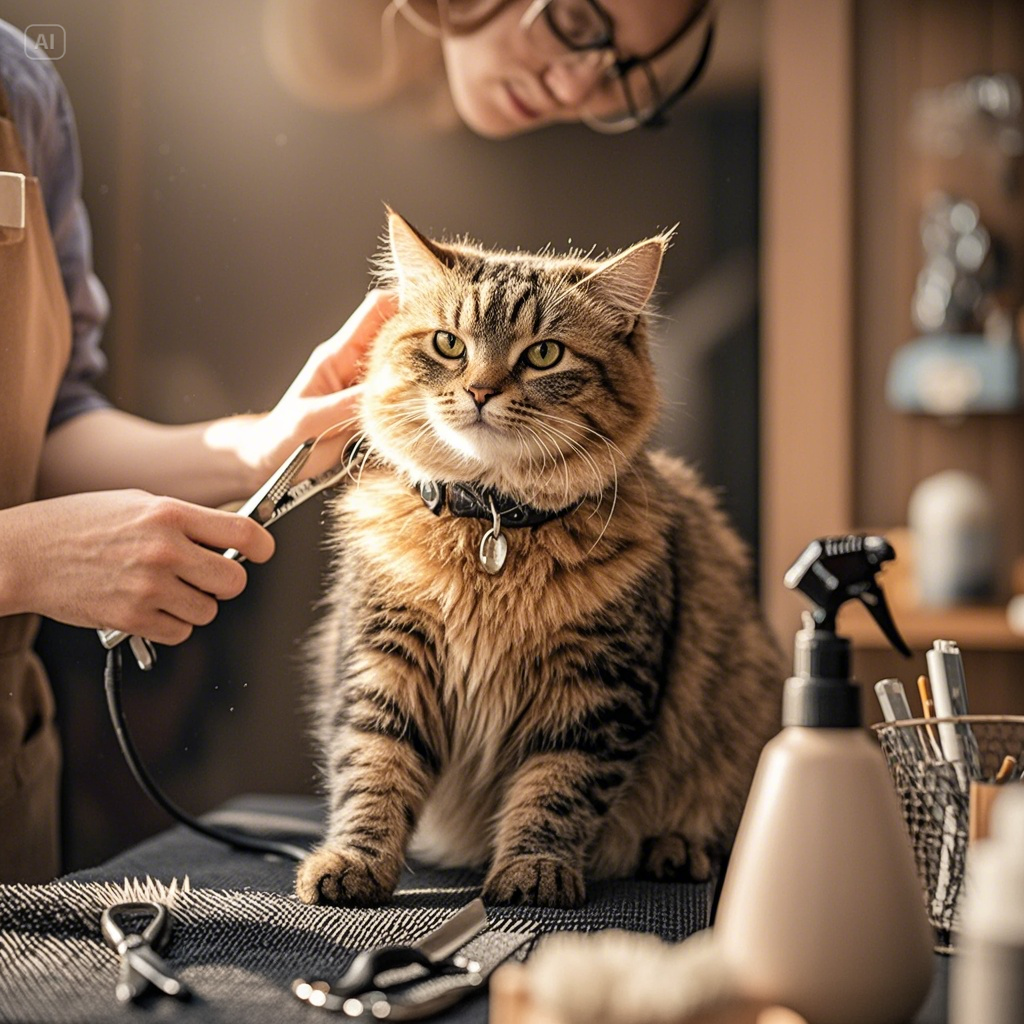Introduction
Owning a cat can be a rewarding experience, but it also comes with responsibilities. Providing proper care for your feline friend is essential to ensure a long and healthy life. This comprehensive guide will cover everything you need to know about cat care, from basic needs to advanced health considerations.
Basic Cat Care
Nutrition:
- High-Quality Cat Food: Opt for high-quality cat food that meets your cat’s specific needs, considering factors like age, breed, and activity level.
- Fresh Water: Always provide fresh, clean water in a bowl that is easy to access.
- Treats in Moderation: While treats can be a fun way to reward your cat, they should be given in moderation to avoid weight gain and other health issues.
Grooming:
- Regular Brushing: Regular brushing helps remove loose hair, prevents matting, and reduces shedding.
- Nail Trimming: Trim your cat’s nails regularly to prevent scratching and injury.
- Ear Cleaning: Clean your cat’s ears periodically to remove dirt and wax buildup.
- Dental Care: Brush your cat’s teeth regularly to prevent dental disease.

Litter Box Hygiene:
- Clean Litter Box: Scoop the litter box daily to remove solid waste and urine.
- Frequent Litter Box Cleaning: Clean the entire litter box thoroughly at least once a week.
- Multiple Litter Boxes: For multi-cat households, provide one litter box per cat plus one extra.
Environmental Enrichment:
- Playtime: Engage your cat in interactive play sessions to stimulate their mind and body.
- Climbing and Perching: Provide scratching posts, cat trees, and other vertical structures for your cat to climb and explore.
- Hiding Places: Create cozy hiding spots for your cat to retreat to when they need some peace and quiet.
Cat Health
Regular Veterinary Check-ups:
- Annual Check-ups: Schedule annual check-ups to monitor your cat’s overall health and address any concerns.
- Vaccinations: Keep your cat up-to-date on vaccinations to protect them from infectious diseases.
- Parasite Prevention: Use preventive treatments to protect your cat from fleas, ticks, and internal parasites.
Common Health Issues:
- Obesity: Monitor your cat’s weight and adjust their diet and exercise routine as needed.
- Dental Disease: Practice good dental hygiene to prevent plaque buildup and gum disease.
- Hairballs: Provide hairball remedies to help your cat eliminate hairballs safely.
- Urinary Tract Infections (UTIs): Encourage water intake and monitor your cat’s litter box habits.
Cat Behavior and Training
Positive Reinforcement:
- Reward Good Behavior: Use positive reinforcement techniques, such as treats and praise, to encourage desired behaviors.
- Avoid Punishment: Punishment can lead to fear and aggression, so focus on positive reinforcement instead.
Common Behavioral Issues:
- Scratching: Provide appropriate scratching posts and redirect your cat’s scratching behavior.
- Chewing: Offer chew toys to satisfy your cat’s chewing instincts.
- Excessive Grooming: Consult with your veterinarian to rule out underlying medical conditions.
- Aggression: Seek professional help to address aggression issues.
Cat Toys and Enrichment
- Interactive Toys: Choose toys that encourage mental and physical stimulation.
- Puzzle Feeders: Challenge your cat’s problem-solving skills with puzzle feeders.
- Rotating Toys: Rotate toys regularly to keep your cat interested.
- Window Perches: Provide a view of the outdoors for your cat to enjoy.
Conclusion
By following these guidelines, you can provide your cat with a happy, healthy, and fulfilling life. Remember to pay attention to your cat’s individual needs and consult with your veterinarian for any specific concerns. With proper care and attention, your feline friend will be a beloved member of your family for many years to come.
